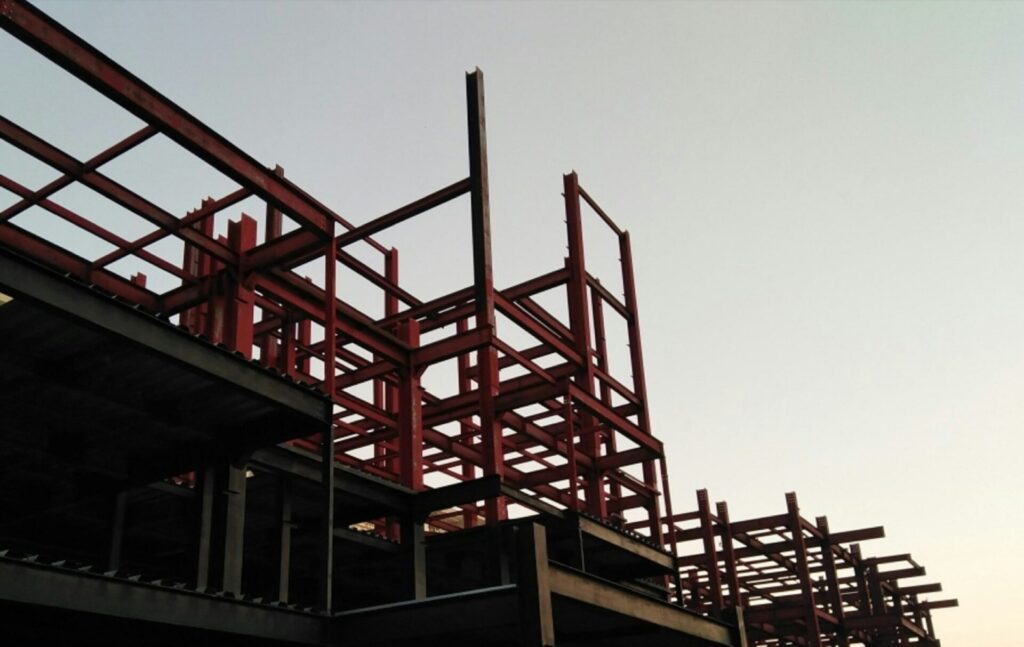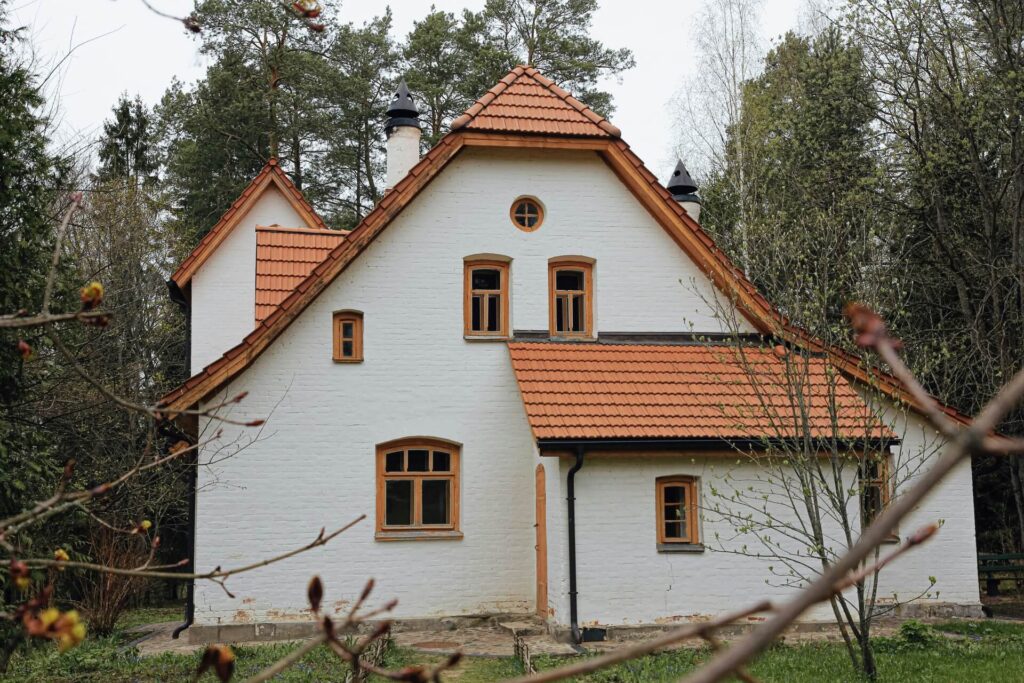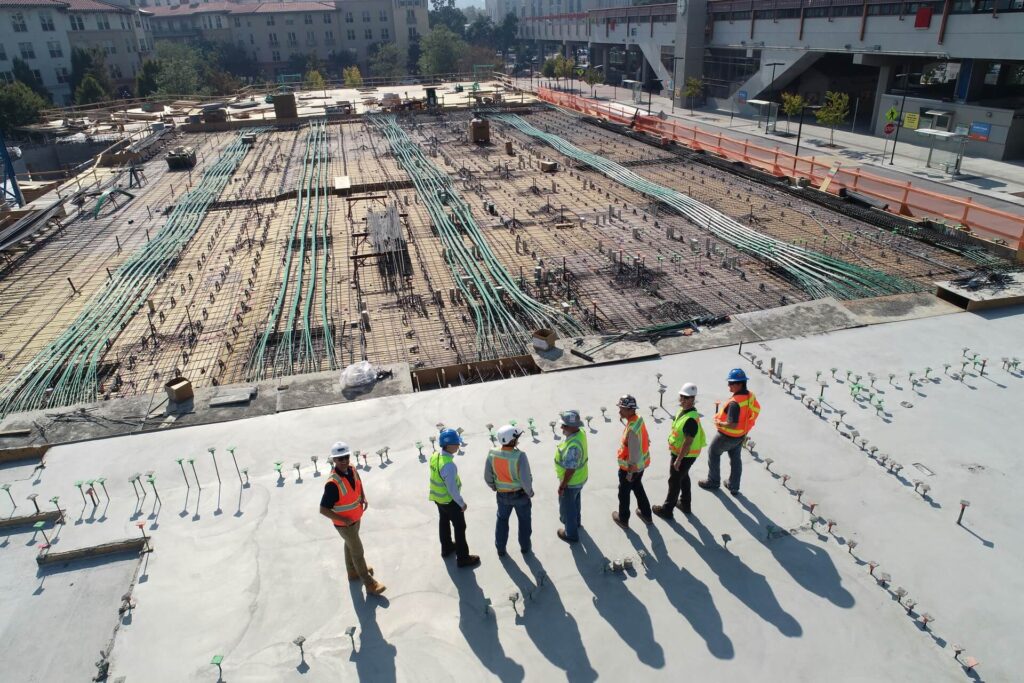
We are reader-supported. When you buy through links on our site, we may earn an affiliate commission.
Securing a construction contract isn’t as easy as applying for a job at your local McDonald’s. Companies request bids from potential contractors to help them find the perfect team for the job. What are the five steps of the bidding process in construction, and how can you improve your chances of landing the ideal bid?
What Is a Bid?
Before we start breaking down the process, what exactly is a bid?
At their most basic, bids are offers provided to the client or customer detailing what you’re able to do, as well as a timetable and price. You need to estimate the overall cost while still maintaining a profit and have a good idea of how long it will take you to finish the project. Once the bid gets accepted, you’re expected to honor that deadline and could find yourself losing potential customers if you are constantly unable to complete projects on time.
The Five Steps of the Bidding Process
We can break the bidding process down into five general steps, though the exact details may vary depending on the client’s requirements. Here’s how it works:
1. Research
Step one is just research, planning and preparing yourself to start putting out bids. You need to understand your team’s capabilities so you can submit accurate bids that you can accomplish should you secure the contract. You’ll also want to research the company you’re submitting to, in case they require specific information that you might not include in a typical bid.
2. Preparation
Your next step is to prepare your bid. What you’re doing here is essentially creating a customized business plan for one specific job. Detail everything from the amount of time it will take you to complete the job to the price you’ll charge. Don’t undercut yourself in an attempt to be the lowest bidder. The goal here isn’t to be the cheapest option — it’s to be the best option.
3. Submission
Step three is to submit the bid. The details of this will depend on what your potential client wants. Some might want bids delivered in person, while others might only look at bids that arrive in their dedicated email inbox. Occasionally, you might even find one who wants their bid delivered by Morse code or smoke signals, but thankfully, these are few and far between.
4. Presentation
If a potential client really likes your bid, they may ask you to present it in person. This allows you to meet them face-to-face and negotiate any details the client might want to change. They may ask if this is your final bid. If that comes up, it usually means they like you, but some details might need to change before you can move to the next step.
5. Awarding
If everything works out and all the pieces fall into place, the final step is having the contract awarded to your company. This is the ultimate goal of the bidding process in construction. Make sure you find out when they’ll award the contract and, if you secure it, when you’ll be expected to start working. Don’t worry — you’ll have some time to negotiate or at least talk about start times. Most companies won’t expect you to jump to work as soon as they award you the contract.
Improving Your Bid
While submitting bids isn’t necessarily difficult, it can be discouraging in a competitive field like construction. You may think you’re submitting your very best work, only to be repeatedly overlooked by potential clients. What can you do to improve your bid and increase your chances of thriving in the construction industry?
Start by listening to any feedback you get from potential clients. You can request feedback in your bid submission. Pay close attention to it. See where you can improve and figure out what you can leave out so you can keep winning bids without wasting time.
Whether you win or lose a bid, focus on adaptability. You always have to be willing to change your tactics as long as they fit with your company’s values and culture. Always focus on improvement. Shed things that don’t work and replace them with things that do.
Thriving in the Construction Industry
The construction industry is incredibly competitive, but with enough preparation, you can thrive. Focus on learning the ins and outs of the bidding process in construction, and once you understand the basics, never stop trying to improve.







